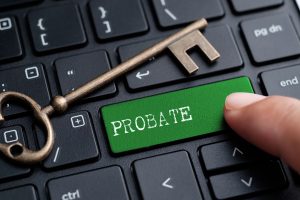 A Last Will and Testament is a document meant to memorialize a person’s intentions regarding the disposition of his property after death. The various rules and statutes relating to the probate process are typically strictly adhered to by the Surrogate’s Court. This is because if there are any variations or discrepancies, a decedent is no longer around to explain what was intended. The Surrogate’s Court is the place where most Wills are filed to commence probate.
A Last Will and Testament is a document meant to memorialize a person’s intentions regarding the disposition of his property after death. The various rules and statutes relating to the probate process are typically strictly adhered to by the Surrogate’s Court. This is because if there are any variations or discrepancies, a decedent is no longer around to explain what was intended. The Surrogate’s Court is the place where most Wills are filed to commence probate.
The New York Probate Lawyer Blog has published many articles concerning the probate of a Will as well as other topics, such as intestate distribution and estate settlement. As many of these articles discuss, the process is commenced by filing a Petition for Probate with the Court and seeking the granting of Letters Testamentary. The Petition contains a fair amount of information, including the name and address of the petitioner, the decedent’s next of kin (“distributees”) and Will beneficiaries. Information is also provided regarding the date of the Will, the names of the Will attesting witnesses and the estimated value of the probate estate.
For the most part, the distributees have a right to challenge or contest a Will. If the document is determined to be invalid, and the decedent is found to have died without a Will, the estate is distributed to the intestate heirs.
 New York Probate Lawyer Blog
New York Probate Lawyer Blog










